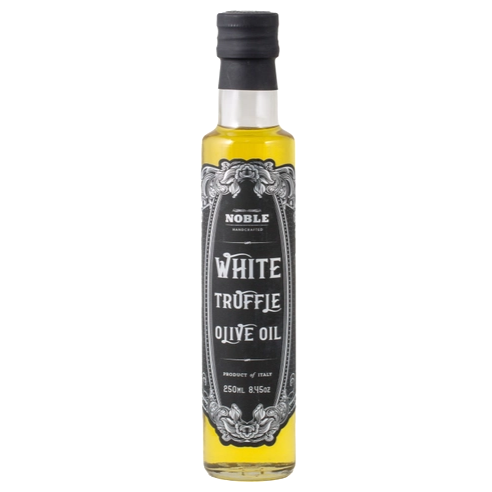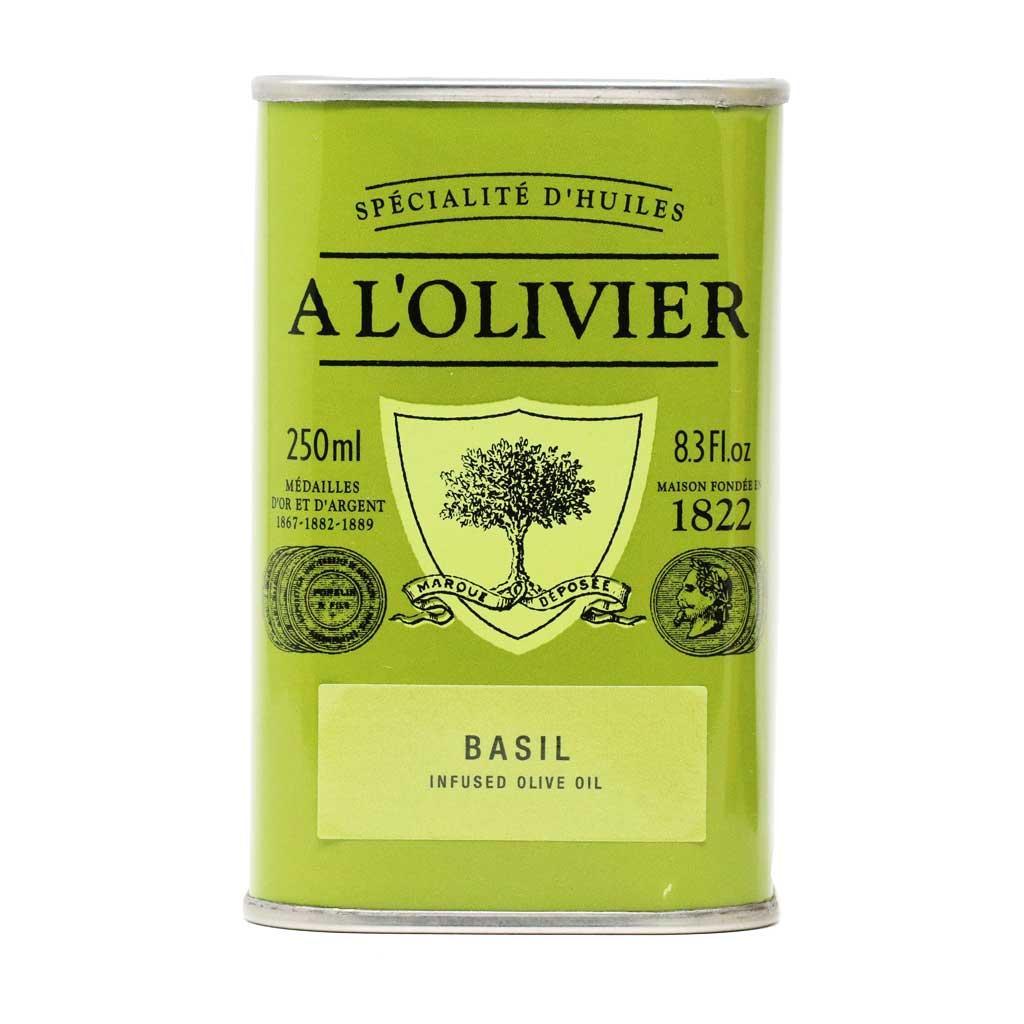
Is Beef Tallow Better Than Vegetable Oil?
Share
The debate between animal fats and vegetable oils has been continuing for decades. Both sides have many proponents. Some believe cooking with beef tallow enhances food with a richer, deeper flavor, while others prefer vegetable oil for its neutral taste and perceived heart-related health benefits. As we are getting more health conscious, it is important to understand nutrition, sustainability, and cooking performance, to make the best decision between these two fats.
Beef tallow used to be a mainstay of countless kitchens, used for frying, baking, and even skincare. In the twentieth century, many began to opt for plant fats as vegetable oils became widely available. Many even thought they were healthier than animal fats. But is it really? To help you decide, this blog will compare the health benefits, cooking properties, sustainability, and best culinary uses of both beef tallow and vegetable oil.
What is Beef Tallow?
Beef tallow is rendered fat from beef, specifically from suet – the hard fat surrounding the kidneys and loins of cattle. The preparation process includes slowly heating the fat until it separates from any connective tissue or impurities, leaving pure, shelf-stable fat for cooking. Let’s understand it a bit better:
Traditional Uses of Beef Tallow
For centuries, cooks preferred beef tallow for frying, roasting, and baking because of its relatively high smoke point (400°F/205°C) and umami flavor. Did you know beef tallow was used in McDonald’s original French fries until the fast-food industry switched to vegetable oils? Traditionally, other than cooking Tallow has been used to make soap, candles, and skincare, because of its nourishing qualities.
Nutritional Profile of Beef Tallow
Beef tallow has about fifty percent high saturated fat and forty-two percent monounsaturated fat. It also contains tiny quantities of vitamins such as vitamins E and D. When it's naturally sourced and minimally processed, it contains zero trans fats. It has no carbohydrates so it is ideal for people following keto and paleo diets.
What is Vegetable Oil?
Vegetable oil is derived from plants such as soybeans, canola, sunflowers, corn, and palm. Most vegetable oils are highly processed mixtures of many oils designed to improve stability and shelf life.
How Vegetable Oils Are Made
Most vegetable oils undergo refining processes to improve stability and shelf life. Some vegetable oils are cold-pressed or minimally processed, offering alternatives for those who prefer less refinement.
After this, it's refined where the crude oil is heated, bleached, and deodorized to eliminate impurities. In some cases, it is hydrogenated, meaning they are infused with hydrogen gas to solidify at room temperature, creating trans fats that are harmful to heart health.
Nutritional Breakdown of Vegetable Oils
Vegetable oils are high in polyunsaturated fats, with around fifty-sixty percent of it. It also contains high amounts of omega-6 fatty acids, which in moderation are great for you but if consumed in excess, are inflammatory. Vegetable oils are low in saturated fats, with only about ten percent. They are high in vitamin E but don’t contain other natural fat-soluble vitamins.
Beef Tallow vs. Vegetable Oil: A Side-by-Side Comparison
Now that we are aware of their composition and production processes, let’s do a side-by-side analysis:
Saturated and Unsaturated
Beef tallow is rich in saturated fats, which have been debated in nutrition science. While some studies suggest they are not as harmful as once believed, health experts still recommend moderation. Vegetable oils, on the other hand, provide more unsaturated fats, which are widely recognized for their heart-related health benefits.
Cholesterol
Beef tallow contains dietary cholesterol, which recent studies have debunked as a major cause of heart disease. The 2015 - 2020 Dietary Guidelines for Americans no longer recommend restricting dietary cholesterol. On the other hand, some vegetable oils, particularly hydrogenated oils, contain trans fats, which are not good for your heart health.
Vitamin content
Vegetable oils are a source of vitamin E, an antioxidant that helps the skin and immune system. Beef tallow contains a lot of vitamin D, which is good for making your bones stronger and for maintaining a robust immune system.
Cooking Performance & Flavor
When it comes to cooking, beef tallow and vegetable oil are very different.
Smoke Points
- Beef tallow has a smoke point of 400°F (205°C), which makes it ideal for frying and high-heat cooking.
- Different vegetable oils have different smoke points. For canola oil it is 400°F, for sunflower oil it is 440°F, and for soybean oil it is 450°F.
Flavor
- Beef tallow has a rich flavor that enhances meats and roasted vegetables.
- Vegetable oil tastes neutral, is more versatile, and can be used in dishes where you don’t want the oil to impart any taste.
Best Uses
Beef tallow is perfect for deep frying, roasting, and enriching meat dishes. On the other hand, vegetable oil is suitable for baking, sautéing, and dressing salads.
Sustainability & Environmental Impact
In today’s world, we should consider the environmental impact of every purchase we make. Sustainability depends on how each fat is sourced. Beef tallow, when obtained from responsible farms, repurposes byproducts of the meat industry, reducing waste. However, large-scale cattle farming has a significant environmental footprint, including methane emissions.
Vegetable oils vary in impact. Palm and soybean farming contributes to deforestation, while options like sunflower, olive, and regenerative-farmed oils offer more sustainable alternatives. Choosing responsibly sourced fats, whether animal or plant-based, can help reduce environmental harm.
Explore The Epicurean Traders Sustainably-sourced Vegetable Oils Range
Substituting One for the Other
Beef tallow and vegetable oil have different uses, but in some cases, they can be used interchangeably with minor adjustments. Beef tallow is a far better choice than vegetable oil for deep frying and roasting. This is especially good for frying french fries, chicken, and other crunchy foods. However, vegetable oil is better for baked goods such as cakes, muffins, and pastries, because it makes for a lighter, airier consistency than beef tallow might yield. When substituting, it’s important to account for flavor and texture implications to achieve the best results.
Final Thoughts: Which One Should You Use?

Choosing between beef tallow and vegetable oil depends on your health goals, culinary style, and personal values.
Beef tallow is a natural, minimally processed animal fat known for its rich, savory flavor and high smoke point, making it ideal for frying, roasting, and enhancing the taste of meats and vegetables. It provides a traditional cooking experience that some chefs and home cooks appreciate.
Vegetable oils, however, are more versatile and widely available, with a neutral taste that works well in a variety of dishes, from baking to sautéing. Their lighter consistency and plant-based origins also make them a preferred option for those seeking a more adaptable and accessible cooking fat.
The wisest course is to try both and see how they respond to different cooking methods, to see which suits your palate and health requirements. Head on to Epicurean Traders to find a variety of vegetable oils for your next cooking adventure!



